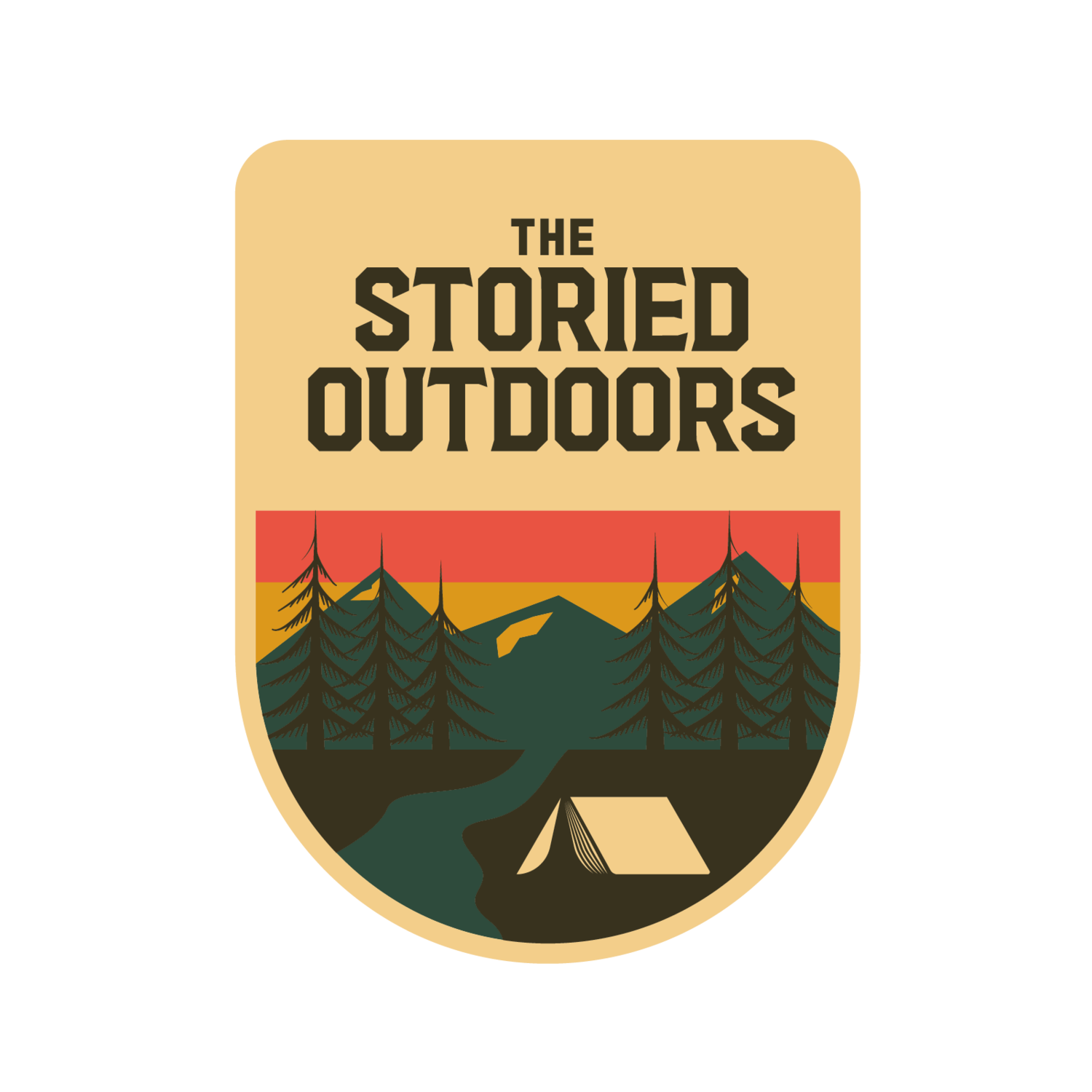The Best Medicine
“Come to the woods, for here is rest. There is no repose like that of the green deep woods.”
Recent lockdowns and quarantines have driven many folks to the outdoors for respite. Personally, I’ve found myself on more walks and bike rides than normal if, for no other reason, to get me out of the house. We tend to spend an unbelievable amount of our lives indoors—commutes, work, home life, and so on. In his book, Get Your Life Back, John Eldredge references a study from the National Human Activity Pattern Survey, which discovered that we spend roughly 93% of our lives indoors! Good grief!
Eldredge pointed out something in Psalm 23 that resonates with me. The melody that was singing in my soul, but I had yet to articulate, was lodged deep within it. We’re very familiar with the psalm’s content. It’s a beautiful prayer for us to pray and song for us to sing, helping to open our eyes to the restorative power of the outside, leading down paths of righteousness. But we overlook the setting in which God called David to pray. Of all the places God could have led David, like the palace, he chose instead an outdoor space.
The paths of righteousness run through “green pastures” and “still waters” (Ps 23:2). As the Good Shepherd, the Lord provided all that David needed, and, through time in the wilderness and creation, his soul was restored. It is out in nature where God escorted David for restoration and healing.
Throughout scripture, God’s word seems to point us to the outdoors as a powerful source of healing, evidence for faith, a place for growth, and restfulness for the soul. God’s word is inundated with imagery from creation that brings clarity to spiritual principles.
In the beginning, Adam was created from the earth and then placed in a garden. As the offspring of Adam, we were created to live in a garden. The Psalm proclaims, “The heavens declare the Glory of the Lord, the skies display his handy work” (Ps 19:1).
The great patriarch, Moses, learned how to lead during his time as a shepherd, and then he sharpened his skills in the wilderness wandering, ultimately depending on God’s leadership and provision.
Jerimiah instructs us, echoing Psalm 1, “Blessed is the man who trusts in the Lord; he is like a tree planted by the water and doesn't fear when drought comes” (Jer. 17:8).
The Proverbs are saturated with wisdom wrapped in metaphors drawing inspiration from creation.
We watch Christ as he is led into the wilderness for testing and mental preparation for his ministry. Then, a significant portion of Jesus’ parables hold wisdom from creation and agricultural imagery, picturing for us gospel truth.
“Look deep into nature, and then you will understand everything better.”
Paul, writing to the Romans, explains that we are without excuse because God’s eternal power and divine nature have been clearly perceived in creation (Rom 1:20). His statements take us on an expedition outside, opening our eyes to a case for faith.
In his essay entitled “Nature,” Ralph Waldo Emerson wrote: “In the presence of nature, a wild delight runs through the man, in spite of real sorrows.” Countless studies prove how healing the simple act of getting outside is for our mental health. According to research by the PNAS (Proceedings of the National Academy of Sciences of the United States of America), “spending time in nature has been linked with increased self-esteem, quality of life, and physical activity as well as lower body mass index. In this sense, nature itself is beneficial.” The study went on to say that in a rapidly urbanizing environment, time in the outdoors may be vital for our mental health.
“An early-morning walk is a blessing for the whole day.”
Nearly every influential philosopher from Kierkegaard, Aristotle, Nietzsche, and countless others had a practice of going for a walk. The Greek Physician and Father of modern medicine, Hippocrates, prescribed, “Walking is man’s best medicine.” Going for a walk repositions you in creation, bringing perspective, situating you into the grander story. Venturing into creation slows you down to its pace of life and causes you to no longer focus on yourself but the world around you and ultimately points to God himself.
C. S. Lewis in The Screwtape Letters tells of a frustrated young devil unable to explain what went wrong with his patient. He notes that the man did something simple every day. Every morning he would get up and go for a long walk, thoroughly enjoying the air, the scenery, and all in all, the walk itself. The senior tempter proclaimed that the Enemy’s voice (God) became more audible within those experiences.
I am not, by any means, making a case for the worship of nature. I am, however, imploring us to get outside. In my own life, I know the countless times my soul has experienced the restorative power of God’s creation in mountains and trout streams. It is there that seems to offer an opportunity to heal, providing mental clarity; it is in the outdoors that God is calling to you, “come to me, and I will give you rest.”
Further Reading: John Eldredge Get Your Life Back
Article about the Benefit of Growing Up Outside the City
abstract to the above article.
Cover Photo by Jachan DeVol on Unsplash

